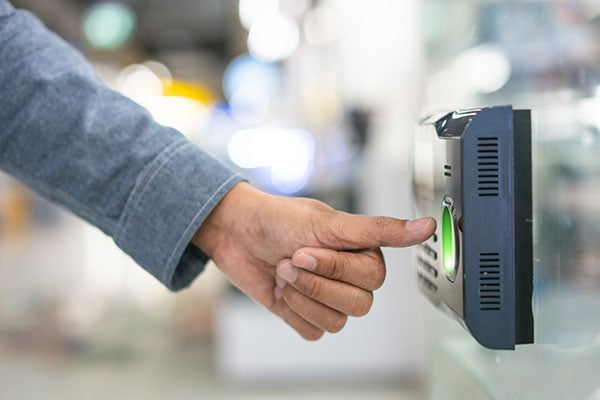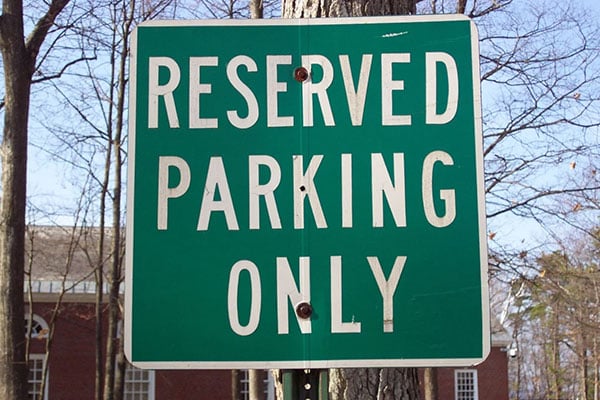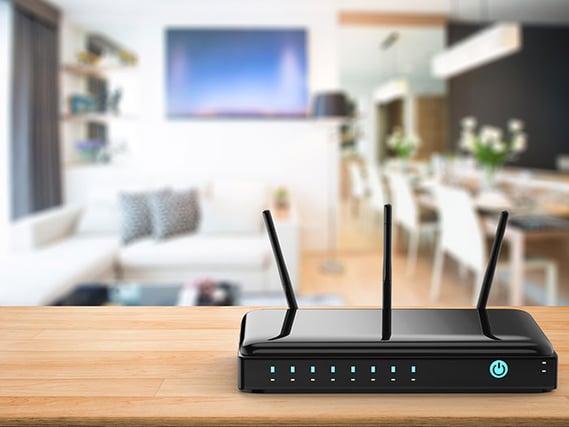Biometric technology is steadily growing in popularity in many areas, including many HOAs. This technology offers a number of advantages, including the ability to more tightly control access to common areas in your community. Unfortunately, biometric technology also comes with a number of challenges, including the fact that not every member of your community is necessarily comfortable making the switch. Before investing in biometric technology for your community, consider these key factors.
1. Biometric technology makes it easy to control access.
Are you tired of former residents sneaking into common areas, like clubhouses and pools? Do you struggle with unauthorized access from friends and family members of residents, who want to use those common areas even when the residents aren't there? Biometric technology can make it simple to control access to those areas. Since the technology stores just one fingerprint per resident, while residents have easy access clubhouses, pools, tennis courts, and more, outsiders will need to rely on a resident to get in.
2. Biometric technology can be used to offer incentive to keep up with dues.
Because biometric technology is unique to each member of the HOA, it's possible to penalize members who get behind with their dues or fail to follow other HOA responsibilities. While individual passwords also allow this possibility, biometric technology is much harder to circumvent.
3. The technology cannot legally be used for discrimination.
While biometric technology offers more individualized control over who is allowed in common spaces within the HOA--or even who has access to more private spaces, like individual homes--it also presents the opportunity for discrimination if the board of directors uses it unfairly. In order to prevent legal repercussions, it's important to create an effective policy for controlling how board members can use biometric technology to control access to common areas.
4. Many people fear the possibility of identity theft associated with biometric technology.
Hackers have the ability to acquire information from a wide range of sources, including the biometric scanners and databases used to control access to private areas. Unfortunately, fingerprints are one thing that it's absolutely impossible for a victim of identity theft to change. If your residents do have their identities stolen because of your biometric technology or inadequate security measures, your HOA may bear legal responsibility.
5. You must take measures to ensure resident security.
When you choose to install biometric scanners on your HOA properties, you must also implement security systems that will help protect your residents. These security systems must be strong enough to help keep out hackers and protect the private information on residents stored in those systems. You should also consider whether these networks are part of your other networks. Biometric scanners may represent another potential security hole that hackers can then use to get into your system and access more resident data.
6. Fingerprint scanners may cause problems for some residents.
Most residents will have little problem using fingerprint scanners to access areas throughout the HOA. Unfortunately, some residents may have more problems than others. Elderly residents, for example, may have looser skin, which may make it more difficult to get an accurate reading. Following some accidents, it may be necessary to get a new reading for some residents. Planning ahead of time for these challenges can make it easier to avoid problems along the way.
Are you considering using biometric scanners and other technology to help improve security in your HOA? While there are a number of benefits, before you install this technology, make sure that you clearly discuss the implications and potential ramifications with the board before making this key decision. With all the information in hand, your board will be able to make a more effective decision about whether biometric scanners are the right choice for your HOA.





